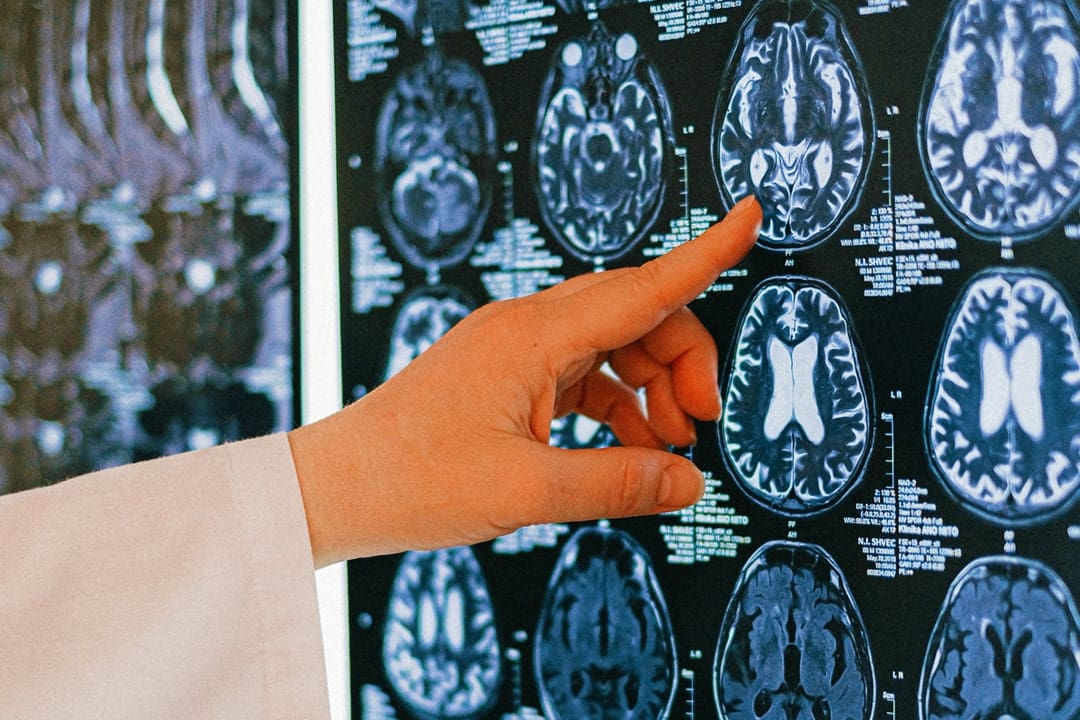
Learn young, learn fair; learn old, learn more.
— Scottish proverb
The Rewards of Age
Of course, science is also showing us that age is more than a series of brain breakdowns that can be prevented only through diligent work and advanced cognition. Time also brings subtle yet meaningful positive changes to the brain, acquired through years of experience, that add to the quality of life. Dr. Gene Cohen, founding director of the Center on Aging, Health, and Humanities at George Washington University Medical Center, has discovered that the changes that come with aging actually make adults more able, as he wrote, to “fulfill our own dreams.”
Cohen found that though neurons lose processing speed as they age, they also have learned far more than young brains. This learning is represented physically in the dense maze of neural connections to be seen in an older brain. Cohen wrote, “Magnified tremendously, the brain of a mentally active fifty-year-old looks like a dense forest of interlocking branches, and this density reflects both deeper knowledge and better judgment. That’s why age is such an advantage in fields like editing, law, medicine, coaching, and management. There is no substitute for acquired learning.”
You could call that the acquisition of wisdom. Cohen pointed out that with age our brains become in some ways less rigid and more adaptable, so that left-brained linear thinking and right-brained creativity are not as separate as they once were. Older people tend to use both hemispheres of their brains more to solve problems, and are better at merging intuition with hard data to arrive at a conclusion. there is a reason why most CEOs are over 50. They trust their gut but also rely on their logic for confirmation.
In addition, research has shown that older adults’ brains show more emotional equanimity. The primitive part of the brain that brings out the fear response toward anything unknown becomes more dormant and positive feelings tend to replace negative attitudes. This is doubtless the source of emotional maturity, and it is related to one of the greatest rewards of the later years: deeper, more compelling personal relationships.
Studies show that people with strong social networks in the last one-third of life live longer, experience fewer health problems, and feel a greater sense of well-being than those who do not. Being with others is great for your health and your brain. One of the reasons for this is the damaging effect that stress, depression, and social isolation have on the brain. Chronic stress produces elevated levels of the hormone cortisol, which actually shrinks the memory centers in the brain and kills memory neurons.
On the other hand, a recent UCLA study showed that when women of any age get together they produce more of the hormone oxycontin, which creates feelings of bonding and belonging. So deep, satisfying relationships — with circles of friends who go back decades, with fellow members of spiritually oriented centers and activist organizations, or with family members — are magic for alleviating stress and creating feelings of pleasure that bathe your brain in health.
Ask Your Brain
Your brain possesses infinite creativity, but most of us do not ask enough of our brains. Unless our brains are forced to find an answer to a new question, they are lazy. The brain uses only previously acquired information to meet the tasks of daily life. But when you ask your brain for something new, you put it into high gear. Your brain seeks out new information and links ideas and possibilities together in a complex web of informational elements that are the foundation of creativity and innovation. Asking your brain to engage in new tasks is the key to boosting its performance as you age.
Things You Can Do for Your Brain
Pay attention to detail: Look closer at the subtleties in things and people — the shadings and brushwork in two paintings, the fruit flavors in fine wine, or the body language of two people speaking on the other side of the room. Paying attention to minute detail is a spectacular workout for the brain.
Travel: Unfamiliar places and situations may make you uncomfortable, but that is the point. Dealing with unfamiliar customs, trying to speak the local dialect, and learning about new cultural wonders all earn you major brownie points from your cortex.
Break your routine: Stop doing things by rote. If you have been following a daily schedule for twenty years, break it. This can be as easy as changing the order of the body parts you wash while you are in the shower.
Meet smart folks: Talk to smart people–really talk to them. Engage in conversation that challenges your political or religious views and forces you to see other people’s points of view. Ask questions, debate issues. Trading ideas forces your mind to ask questions, and that is always good.
Get shifty: No joke. University of Toledo researchers found that if you move your eyes back and forth for twenty seconds, like a pickpocket looking for his next victim, you stimulate the frontal lobes of your brain, which are responsible for memory. The researchers call it visual ping-pong. We call it effective.
This article is excerpted from Ilchi Lee and Jessie Jones’ book “In Full Bloom: A Brain Education Guide for Successful Aging.”
Related Articles
- Call in the (Cognitive) Reserves!
- Dismantling Those Myths of Maturity
- For The Artist, Age Has Its Advantages
- Is Your Phone Making You Forgetful? Learning and Memory in the Digital Age
- Standing Up for Health: Immobility and the Brain
- 3 Quandaries of Getting Really Old
- Unlocking the Wisdom of the Brain








